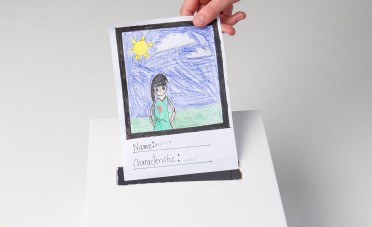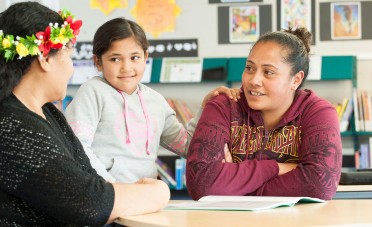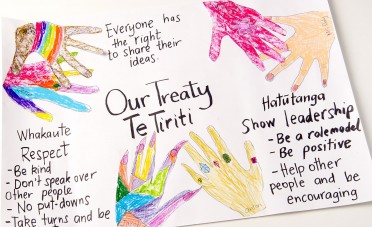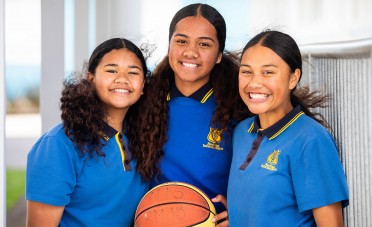Identity and self-worth: Applying for a school or class job
Applying for a school or class job supports identity and feelings of self-worth for ākonga by helping them to recognise their strengths and how they can use those strengths to support and awhi one another.
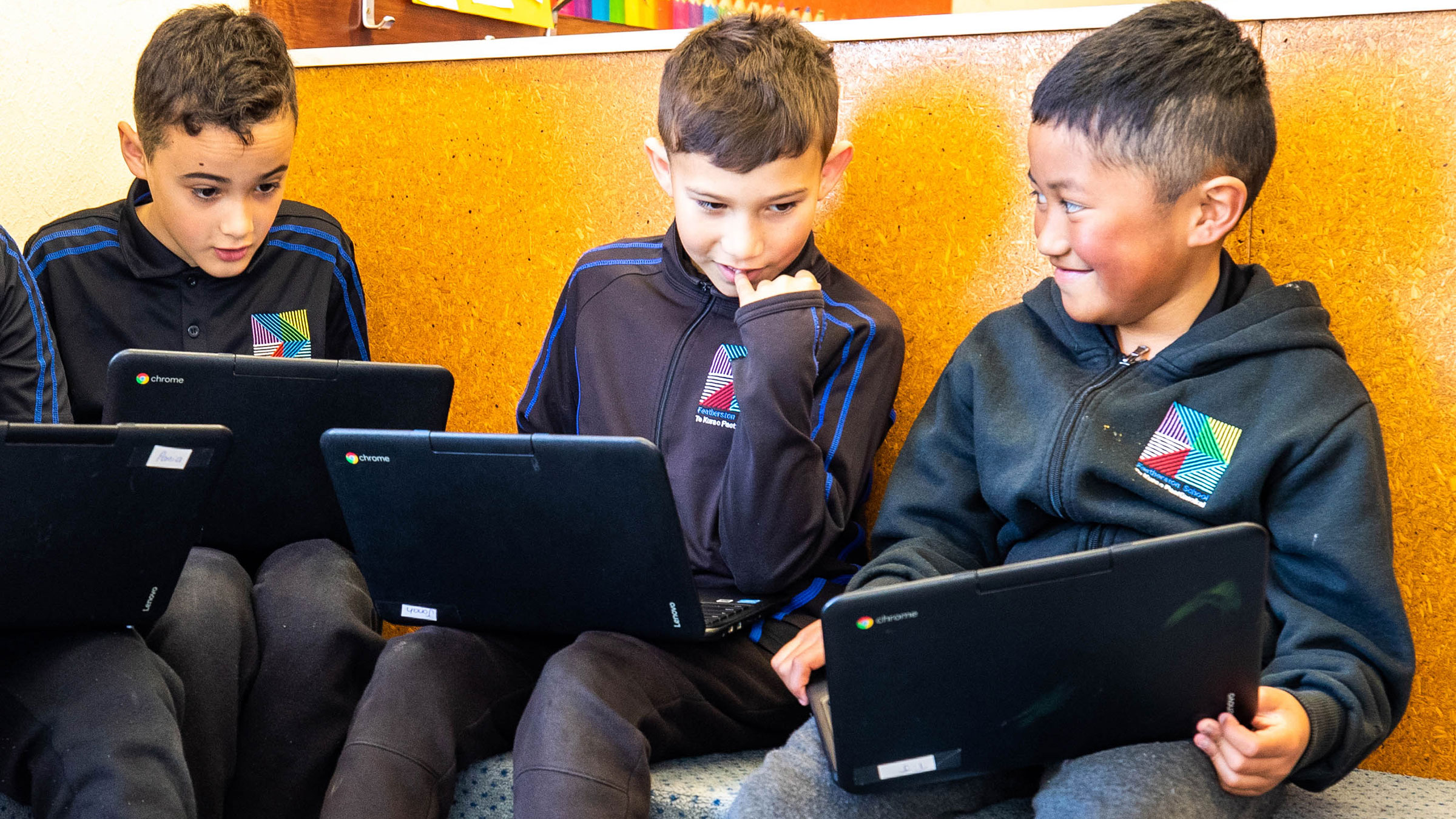
Understanding ourselves and getting on together — Activity collection
This resource is part of the Understanding ourselves and getting on together collection of activities from the mental health key area of learning.
Possible learning activities
Discuss with ākonga a variety of classroom and school roles or jobs. These might include peer mediator, karakia/waiata/mihimihi leader, sports coach, digital coach, lunchtime club leader, and tuakana and teina roles.
- Create job descriptions for school/class jobs that will help and support other ākonga. Include the skills required and the personal attributes and experiences that might be helpful to fulfil the role.
- Ākonga identify the values, attitudes, and attributes that are important for the various jobs.
- Ākonga complete an application for their choice of job.
- Ākonga can then choose a referee from the class, who supports the job applicant by writing three job-related strengths and personal qualities that they consider the applicant to have. They could also find a referee outside of the class, a kaiako or a whānau member, who can endorse their strengths and qualities.
Cultural and diversity considerations
All ākonga are part of wider whānau, hapū, iwi, and other community groups. Culturally capable kaiako and tumuaki know, value and integrate the cultural capital of their ākonga into the work of creating positive classroom communities. Classroom programmes dealing with mental health should be sensitively developed so that they respect and reflect the diverse values and beliefs of ākonga and the whole school community.
Kaiako need to be aware of ākonga who are unable to fulfil certain roles because of differences such as disability. Take care to acknowledge ākonga in this situation and work with them to find a role that they can apply for, and ways that they can contribute.
Discuss the use of language that emphasises personal strengths. This is a good opportunity to discuss the ways that in tuakana and teina roles ako is reciprocal we learn from each other. The tuakana learns patience and how to share their understanding, and the teina learns new knowledge and skills. Introduce encouraging te reo Māori phrases like kia kaha!, ka mau te wehi! and kei runga noa!
Links to the HPE underlying concepts
Attitudes and values
Developing a positive and responsible attitude towards their own wellbeing and a willingness to reflect on beliefs, values, and attitudes.
Hauora
Taha whānau, taha wairua; strengthening the feeling of identity and promoting positive interactions.
Read more about the underlying concepts.
Kaiako notes
When constructing the job descriptions, it may be necessary to explain to the class that it is alright to acknowledge both their own strengths and those of other people.
Focus inquiry questions around the learning outcomes before and after the activities to support ākonga to reflect and think critically about the activities.

